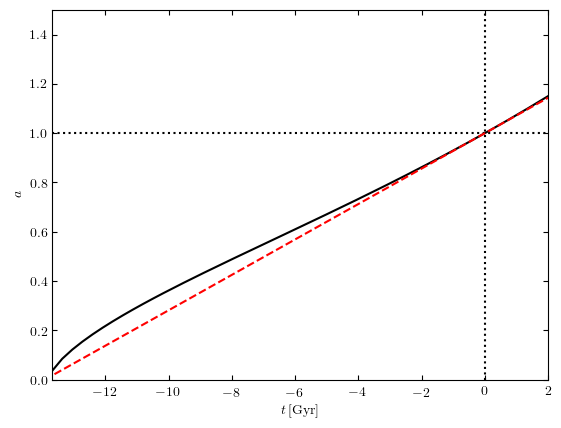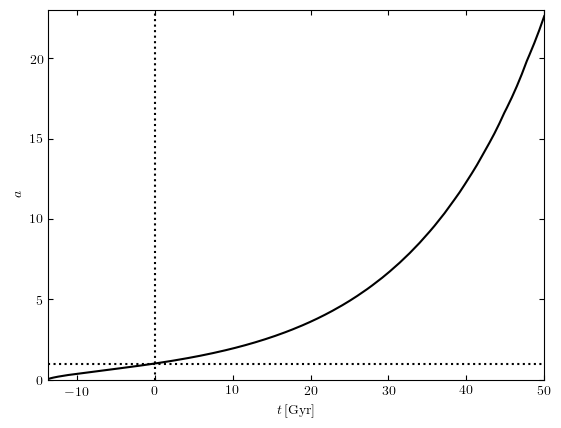So I know from class that $\frac{1}{H_0}$ is an approximation for the age of the Universe, where $H_0$ is Hubble's Constant. Now let's say that a large amount of time passes - this means that Hubble's constant must fall in order to consistently remain an approximation for the age of the Universe.
However, I also learnt that the universe is expanding at an increasing rate (the expansion of the universe is accelerating). Since the recessional velocity is given by $v = H_0 d$, I would expect that in order for this equation to fit with the idea that the universe is expanding at an increasing rate, $H_0$ would actually increase over time in order to yield a greater recessional velocity and hence show that the expansion of the universe occurs at an increasing rate.
So why is it that $H_0$ falls over time?


